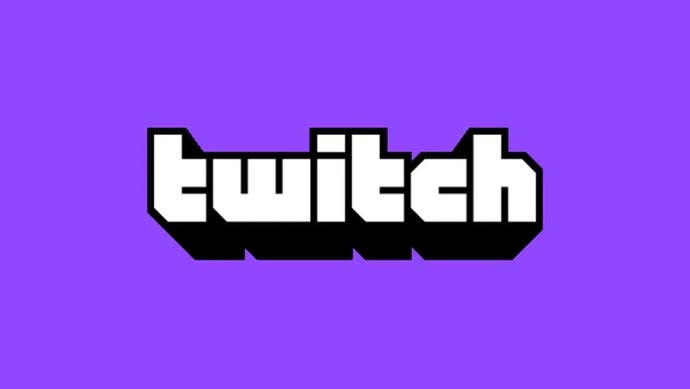Twitch addresses revenue split for streamers, declining to change 50/50 split
Top streamers retain higher revenue split "to maintain their standard of living".
Twitch has declined to change the revenue split for streamers, despite over 22k votes on its UserVoice platform.
The revenue split between Twitch and streamers has long been an issue, with many claiming the current 50/50 split is stifling the growth of smaller channels.
The UserVoice post, begun by streamer SaltyWyvern in 2020, became the most voted issue on the platform as it requested Twitch change the revenue split to 70/30 (like main rival YouTube). This has now been closed by Twitch.
 Eurogamer Newscast: Were Nintendo Direct and Sony State of Play a disappointment? Zelda! Leaks! Y...
Eurogamer Newscast: Were Nintendo Direct and Sony State of Play a disappointment? Zelda! Leaks! Y...
"We have been blown away by the response to this post, and have been carefully considering it for the better part of the last year," reads Twitch's response to the post.
"While we are declining this request, it's still crucial to know that the primary value of sharing your feedback on UserVoice is to have your voices heard and suggestions considered. We will not always be able to provide the desired outcome, but it's important to us to be transparent and open when we can, and we will be focusing on providing more consistent updates on UserVoice as time goes on."
The closing of this request comes alongside a new blog post from Twitch president Dan Clancy, which further addresses the revenue split.
Firstly, Twitch is amending the revenue split for its top streamers - something that was reported back in April.
Some streamers have been offered standard agreements with premium subscription terms, something Twitch has not discussed publicly but has been known in the community for some time.
In the blog post, Clancy admitted "we don't believe it's right for those on standard contracts to have varied revenue shares based on the size of the streamer".
A new change in revenue split means that, while these streamers will retain a 70/30 split for the first $100k earned through subscription revenue, above this the split will be 50/50. This change will take effect from 1st June 2023.
It's clear, then, that top streamers will still receive beneficial treatment, even if - as Clancy pointed out - any revenue lost from this new split will likely be made up by ad revenue.
Said Clancy: "In an ideal world all streamers would be on the same set of terms regardless of size. However, instituting that policy would have a negative impact on the streamers currently on these terms, many of whom were instrumental in helping us build the Twitch we know today. These streamers have come to depend on the additional revenue split to maintain their standard of living."
Earlier in the post, he noted that "we can't run this service unless you make money. That's not a drawback; it's by design. This innate partnership is why we support all streamers' careers and ambitions like they're our own".
Finally he addressed the 50/50 revenue split.
"When we first established a 50/50 revenue share split, it was to signal that we're in this together. You all do the amazing work you do to create great content, engage with your audience, and grow communities. On our side of the partnership, it's our responsibility to make continuous investments in the products and people that make your growth possible," said Clancy.
"Products like Prime Subs, Community Gifting, Hype Train, and the Ads Incentive Program, to name a few, have driven an increase of 27 percent more streamer revenue per viewer hour every year over the last five years.
"Lastly, we have to talk about the cost of our service. Delivering high definition, low latency, always available live video to nearly every corner of the world is expensive.
"Using the published rates from Amazon Web Services' Interactive Video Service (IVS) - which is essentially Twitch video - live video costs for a 100 CCU streamer who streams 200 hours a month are more than $1k per month.
"We don't typically talk about this because, frankly, you shouldn't have to think about it. We'd rather you focus on doing what you do best. But to fully answer the question of 'why not 70/30,' ignoring the high cost of delivering the Twitch service would have meant giving you an incomplete answer."
So far, many streamers are unimpressed with the change.
The news follows an announcement from Twitch that unlicensed gambling will be prohibited on the platform, as influential streamers threaten strike action.

